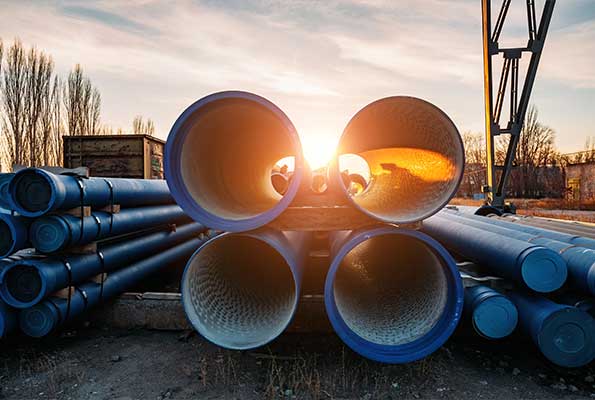The World Bank has announced approving a new USD 7 billion collaboration agreement with Egypt for 2023–2027. The agreement would emphasise increasing private sector employment, improving health and education services, and climate change adaptation.
According to a release from the World Bank, the Country Partnership Agreement (CPF) will involve USD 2 billion over the next five years from the International Financial Corporation (IFC) and USD 1 billion annually from the International Bank for Reconstruction and Development (IBRD) for the CPF.
According to the statement, the program’s objectives include assisting in levelling the playing field for the private sector, promoting investment, and enhancing shock resilience through improved macroeconomic management.
Egypt’s economy has been under tremendous strain from 2022 onwards due to the consequences of Russia’s invasion of Ukraine, which exposed fundamental issues.
Although the government has had lofty plans for privatisation, auctions of state assets have been frequently postponed.
A public-private partnership model will be used to develop desalination plants in Egypt, according to a statement released by the International Finance Corporation (IFC), a member of the World Bank Group. This partnership includes the European Bank for Reconstruction and Development and Egypt’s Sovereign Fund.
According to the IFC, the project is a component of Egypt’s ambition to raise the amount of desalinated water available by 8.8 million cubic metres per day by 2050. The first plants will be built near Marsa Matrouh on the country’s northern shore.
Egypt, which relies nearly exclusively on the River Nile for fresh water supplies, is thought to be highly vulnerable to the effects of climate change.
In another boost for the country’s economy, China’s Xinxing Ductile Iron Pipe Company is now reportedly planning to invest up to USD 2 billion in Egypt’s Suez Canal Economic Zone (SCZONE) to establish a production plant for cast iron pipes and steel products.
The plant would be built over an area of 1.7 million square metres in TEDA Suez (China-Egypt TEDA Suez Economic and Trade Cooperation Zone), which is located within SCZONE in Ain Sokhna, a press statement issued by SCZONE and Egyptian Cabinet said.
The project, with an annual production value worth USD 2.6 billion, is expected to create 2,100 jobs in Egypt.
The cast iron production facility will be set up during Phase 1 at a total investment of USD 150 million. It would be built over an area of 250,000 sqm with an annual production capacity of 250,000 tonnes, a production value of about USD 1.2 billion per year and employ 616 workers.
The steel products plant would be built during Phase 2 at a total investment of about USD 1.8 billion. The export-oriented project, spread over an area of 1.45 million sqm, will have a production capacity of 2 million tonnes annually, employ 1,500 people and have an annual production value of about USD 1.4 billion.
Developed within the Belt and Road Initiative framework, TEDA Suez, located within the Suez Canal Economic Zone (SCZone), is a joint venture funded by Tianjin TEDA Investment Holding Co., and the China-Africa Development Fund.



